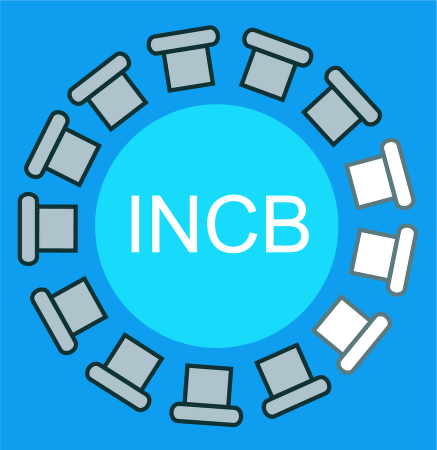VIENNA, 26 May (UN Information Service) – Improving access to and availability of opiate pain medications, while jointly working with governments to expand the availability and quality of treatment of drug use disorders will be the priority of the International Narcotics Control Board (INCB) in the coming year. INCB also expects to sharpen its efforts on the prevention of diversion of precursors used to illicitly manufacture drugs and help slow the tide of new psychoactive substances emerging on the market.
 The Board confirmed that in keeping with key recommendations of the Outcome Document of the special session of the United Nations General Assembly, its 2017 Annual Report will thoroughly address treatment and rehabilitation as an essential component of drug demand reduction. The recently-elected President of INCB Viroj Sumyai told the 119th Session: “We must be concerned first and foremost with the health of people worldwide; the whole of the United Nations is working hard to achieve the Sustainable Development Goals, including ensuring healthy lives and promoting well-being for all. The INCB intends to make the Conventions a large part of achieving a healthy world.”
The Board confirmed that in keeping with key recommendations of the Outcome Document of the special session of the United Nations General Assembly, its 2017 Annual Report will thoroughly address treatment and rehabilitation as an essential component of drug demand reduction. The recently-elected President of INCB Viroj Sumyai told the 119th Session: “We must be concerned first and foremost with the health of people worldwide; the whole of the United Nations is working hard to achieve the Sustainable Development Goals, including ensuring healthy lives and promoting well-being for all. The INCB intends to make the Conventions a large part of achieving a healthy world.”
Specific challenges addressed during the two-week discussions included the continued close monitoring by the Board of the drug control situation in Afghanistan. Assessments of the progress made consisted of a review of the country’s ability to control the illicit flow of drugs and countering drug trafficking and abuse. The Board reiterated its position that the international community needs to prioritize support and aid for the counter-narcotics efforts in Afghanistan more consistently to ensure that the country can meet its developmental needs. President Sumyai noted: “Afghanistan’s ability to make real progress on its counter-narcotics efforts will have grave implications for the successful realization of the aims of the drug control treaties at both the regional and global levels.”
As part of its discussions, the Board emphasized the need for countries to continue sharing intelligence about the latest precursor trafficking trends and use of non-scheduled substances, specifically through tools such as the Precursors Incident Communications System (PICS). President Sumyai told the Board that: “INCB should expect to further develop its electronic tools to address the problem of precursor chemicals and work diligently with all countries to identify trafficking and diversion patterns.” The benefits for national authorities in using the electronic tools developed by INCB, such as the International Import and Export Authorization System (I2ES), Pre-Export Notification Online (PEN Online), the Precursors Incident Communication System (PICS) and the Project Ion Incident Communication System (IONICS), will be fully realized when as many authorities as possible are actively using the systems.
Consultations on these issues, the ongoing work of the Board and new initiatives such as the INCB Learning project, were held with the Chair of the Commission on Narcotic Drugs, representatives of the World Health Organization, and the President and Bureau of the UN Economic and Social Council (ECOSOC). As part of its core mandate, the Board continued its regular evaluations of the availability and consumption of narcotic drugs and psychotropic substances during the May session. With large disparities appearing in the consumption of opioid analgesics within countries, the new President of the Board said that “it would be a wise course for countries to look critically if there is uneven distribution in consumption between their urban and rural areas. Better data collection may reveal pockets of inadequate distribution for their health-care systems.” The INCB 2017 Annual Report will be finalized at the November 2017 session and published in March 2018.
The International Narcotics Control Board is the independent quasi-judicial body monitoring and promoting the implementation of the three international drug control conventions.
